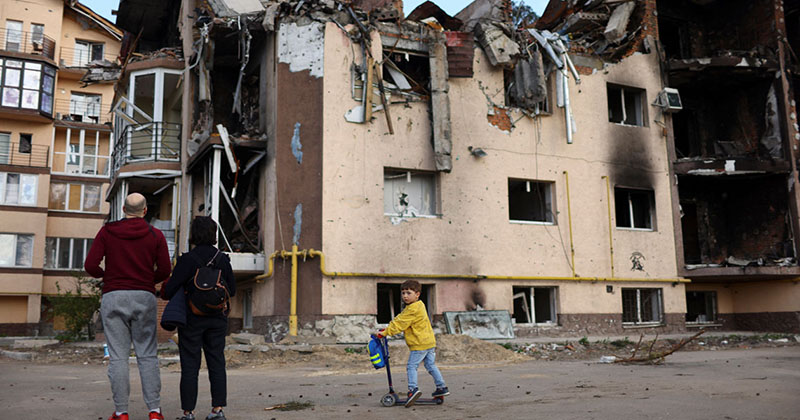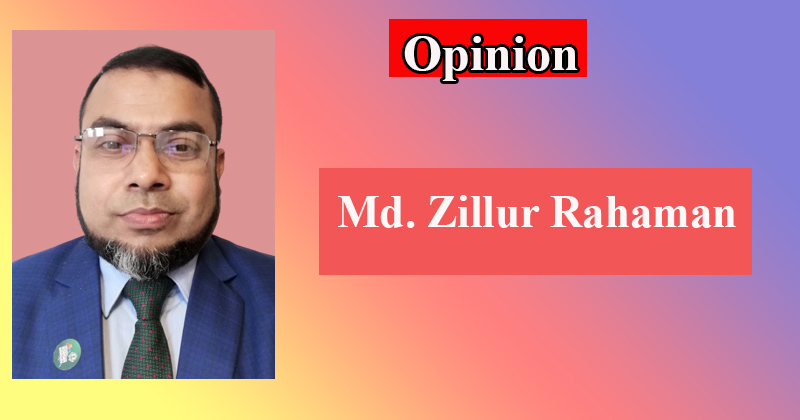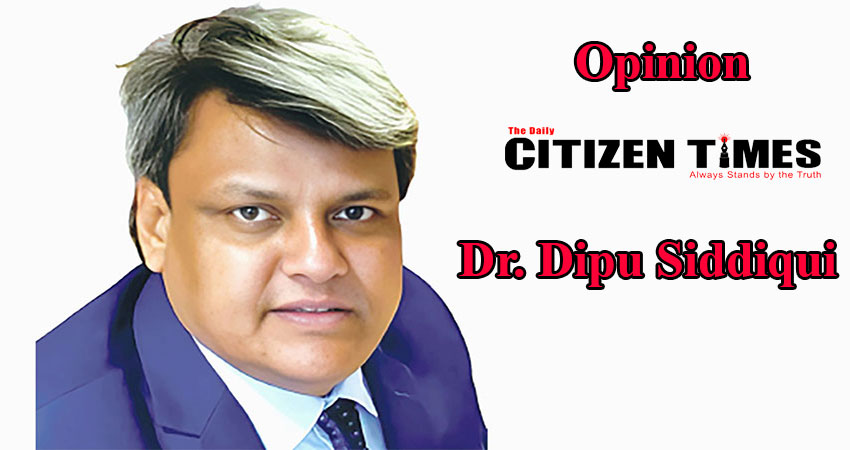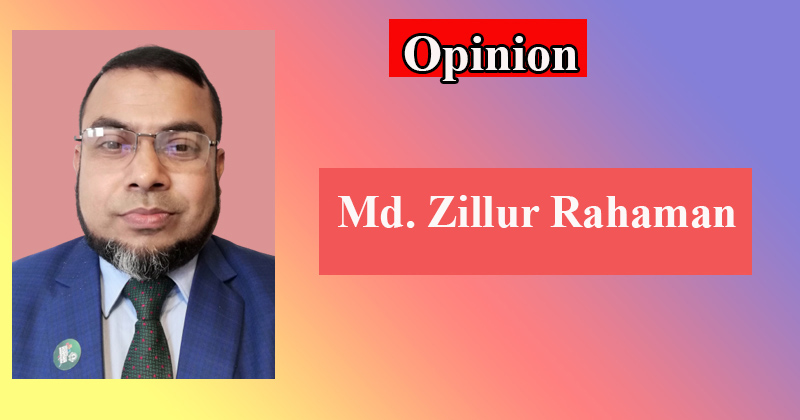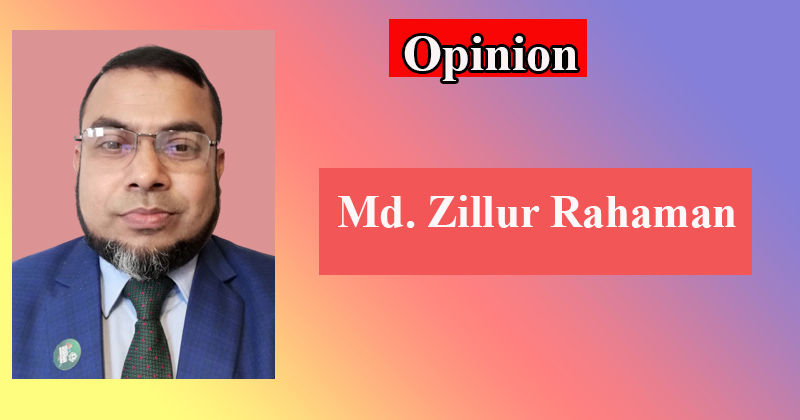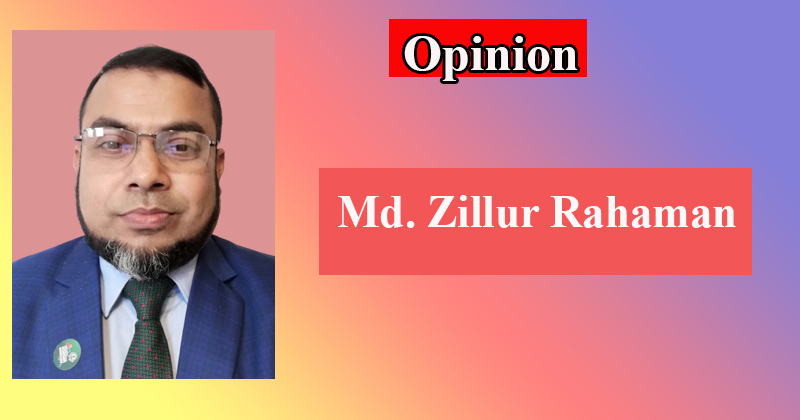The Russians have taken Mariupol. The Azovstal steel plant is free of all remaining Ukrainian soldiers, for they have surrendered and been taken to an unknown destination by the Russian army.
They are certainly prisoners of war, in the lexicon of armed conflict, and so it now becomes the moral responsibility of President Putin and his generals to ensure that these Ukrainian soldiers are safe and will sooner rather than later return home through an exchange of prisoners of war.
It will be an outrage if these men are tried by Moscow as war criminals, for they are anything but. They were defending their country from external attack. That does not constitute war crimes.
That said, it is time serious efforts were expended toward arriving at a solution to the war. Whole villages and towns in Ukraine have been razed, cemeteries have been lengthening and deepening. And one can be certain that a good number of Russian troops have also lost their lives through tough resistance from the outgunned Ukrainians.
Perhaps President Putin did not foresee a situation where his invasion of a country that was once part of the old Soviet Union would drag on for three months. And certainly he did not see those sanctions coming, did not imagine that the conflict would unite an entire West behind Ukraine.
Of course, Russian Foreign Minister Sergey Lavrov has a point when he blames the escalating global economic crisis on the sanctions his country has been slapped with. Which is good enough reason to ask him if his government will not now rethink its options about the war, the endgame being calling a halt to the offensive.
Moscow ought to begin exploring the ways and means of a negotiated resolution of the conflict. Ukraine should not slide into being a new Afghanistan, for these are not the 1980s and there is no Gorbachev in sight. The war has damaged Russia’s standing around the globe inasmuch as it has ruined Ukraine structurally, in the economic and political sense.
Everyone involved in the conflict now needs to step back and figure a way out of the crisis. President Volodymyr Zelensky’s call for a diplomatic solution to the crisis is of course welcome, but that statement ought to be accompanied by a proviso that his friends in the West should be taking a pause and reviewing their position on the crisis.
It does not help that Ukraine has been armed, and is being armed, to the teeth by Nato, the objective being a resistance to Moscow. What has in reality been happening is a militarisation of Ukraine, to a point where the doors and windows to diplomacy have been slammed shut.
And President Joe Biden now has muddied the waters a good deal more by sanctioning $40bn in military and economic aid for Kyiv.
That diplomacy is in a state of coma in the Ukraine conflict has been manifested anew by the unabashedly hasty manner in which Finland and Sweden have moved toward fast-track membership of Nato. The organisation, having been thwarted by Russia in Ukraine, is now cheerfully extending itself along Russia’s north-western frontiers.
But that has led to new problems, specifically around Turkey’s opposition to Helsinki and Stockholm making their way into Nato. Ankara is concerned about the presence of elements of the PKK (whose leader Abdullah Ocalan has been in prison since he was abducted overseas by Turkey two decades ago) in these two countries.
The PKK is a Kurdish organisation vocal about the rights of a people, inhabiting regions of Iraq, Iran, Turkey and Syria, who have for ages struggled for a country they could call their own. The Kurds are no terrorists even though President Erdogan portrays them in that bad light.
The Russia-Ukraine war is causing havoc to the world’s economy, especially in terms of badly affecting lives in the world’s underdeveloped as well as developing regions. Grain supplies from the two nations to importing nations have come to a stop, forcing countries to look for alternative source nations.
Bangladesh’s expectations of handling the crisis through wheat imports from India have hit a roadblock with Delhi clamping a ban on its wheat exports. Indonesia’s ban on the export of cooking oil has worsened the crisis for importing countries.
In Kenya and other African nations, the war has led to depleted stocks of food and food-related items. And with Moscow’s ban, a retaliatory act, on a supply of gas to Helsinki, the future gets to be cloudier than before. Britain’s move to supply military equipment to Moldova only exacerbates the crisis.
The war against Ukraine has had an unsettling effect on the world. The damage caused to Ukraine will take a long time to be repaired. It is damage that has been having, and will have, ramifications around the world for a long time yet. The war, indeed, has damaged the world in no small measure.
A sign of that — and this picture comes from countries poorly or weakly or badly governed — is the growing tendency among business classes to hoard items of daily necessity, to raise prices of food in irrational ways and then to hold responsible the Russia-Ukraine war for their unethical practices.
It is a sordid story — of unscrupulous businessmen profiting from people’s miseries, of armament industries in the West energetically raking in billions through supplies of weaponry to Kyiv, of Russia palpably unsure of what to do next, of the West ignoring the idea of diplomacy being the means to a restoration of global order.
Syed Badrul Ahsanis a politics and history analyst
Source: bdnews24.com

